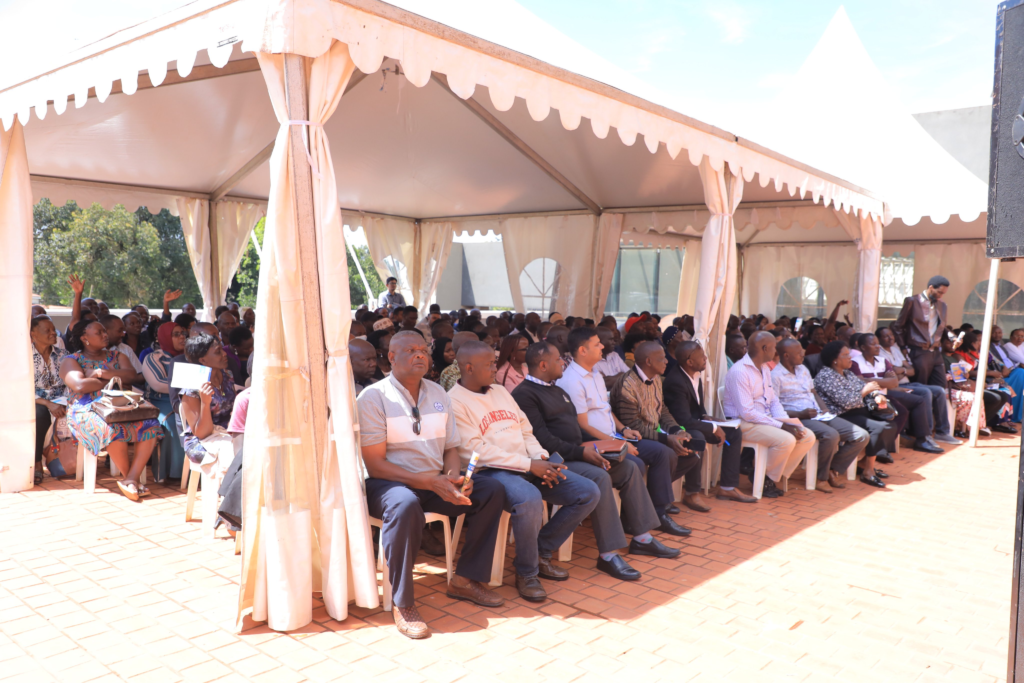
Uganda Revenue Authority (URA) has directed all commercial building owners to use the e-receipts payment systems for rent to address revenue losses resulting from tax evasion in the rental income sector. The tax evasion problem has arisen due to the unclear income reporting practices of landlords.
During a meeting with commercial building owners held on Thursday at URA Tower Nakawa division in Kampala district, John Musingizi, the URA Commissioner General, emphasized the need to enhance revenue collection and eliminate loopholes. He stated, “Though there has been an increase in collections from this sector, which have doubled as per last year’s performance, a lot remains uncollected, and this is what we want to maximize.”

According to Musingizi, a staggering Shillings 50 billion has been lost in this sector, as revealed by a recent tax investigation exercise. This substantial sum was accumulated from just seven buildings that were audited.
“I have already audited 7 arcades, and the accumulated amount is up to Shillings 50 billion. Now if I am to audit all the arcades, they might end in closure. So let us do the right thing going forward,” he stated. Musingizi emphasized that henceforth, commercial building landlords must adopt the practice of issuing e-receipts to ensure the accuracy of income declarations submitted to URA.
The implementation of e-receipts was initially introduced as a tax administration measure to combat tax leakage, primarily in the case of withholding tax. This initiative began with supermarkets and large retail outlets. It involves integrating the URA’s digital systems with those of the tax agents, who, in the context of rental tax, are the landlords. By law, landlords are required to receive rental payments through their bank accounts and issue receipts accordingly.
Moses Kalungi, a well-known city landlord who attended the meeting, expressed his willingness to issue e-receipts but also raised concerns about URA officials’ aggressive tax collection methods. He said, “Why not someone be patient and wait for my books of account, and then evaluate my allowable deductions? If you prove that they are not genuine, then you give me my tax obligation which I am willing to pay.”
According to Kalungi, apart from harassment and intimidation, URA officers often miscalculate taxes, resulting in landlords overpaying. URA’s tax administration approach is sometimes excessively forceful, regardless of a taxpayer’s compliance history.

Godfrey Katongole chairman of Kampala Arcades traders Association (KATA) expressed grievances over what he termed as double and higher payments saying they pay rental fees, electricity fees, water fees, toilets fees among others.
“You can’t pay toilet user fees on the building where you already pay rent, electricity and water bills are higher than the normal ones known, now what is that,”Katongole stated.
He says this has led many people to leaving businesses due to lack of transparency
During the meeting, other topics discussed included the need for increased awareness campaigns among landlords, efforts to boost compliance within the sector, and encouragement for those with outstanding tax payments to utilize the interest waiver opportunity, which expires on December 31, 2023, as part of the voluntary disclosure arrangement.






